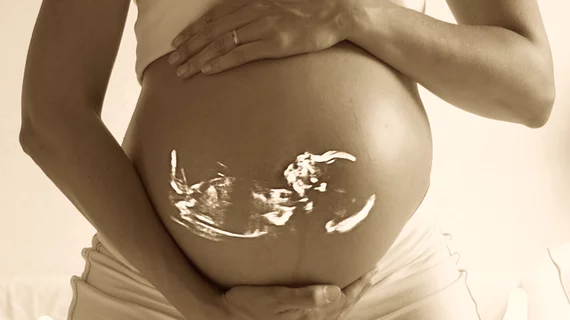MRI evaluates effectiveness of nutrition for preemies' brain growth
Despite extensive nutritional support for preterm infants in the neonatal intensive care unit (NICU), their brain growth lags behind that of full-term newborns, which can pose a risk for neurocognitive impairment.
According to a Children's National Health System press release, researchers set out to find how effective early nutritional support administered in the NICU can be in improving brain volume and white matter development in preterm infants.
Their research was presented at the Pediatric Academic Societies 2018 annual meeting on May 6.
"Few studies have investigated the impact of early macronutrient and caloric intake on microstructural brain development in vulnerable pre-term infants," said lead author Katherine Ottolini, MD, in a prepared statement. "Advanced quantitative MRI techniques may help to fill that data gap in order to better direct targeted interventions to newborns who are most in need."
Ottolini and colleagues enrolled 69 infants born younger than 32 gestational weeks and weighing less than an average of 2.1 pounds. At 40 weeks gestation, the infants underwent brain MRIs.
Researchers then generated parametric maps for fractional anisotropy of the cerebrum and cerebellum to measure brain connectivity and white matter tract integrity, according to the press release. Nutritional data were also tracked specifically for carbohydrates, proteins, lipids and overall caloric intake.
According to senior author Catherine Limperopoulos, PhD, director of Children's Developing Brain Research Laboratory, researchers found a negative association between fractional anisotropy and cumulative macronutrient/caloric intake, which may demonstrate the increased amount of time the premature infants relied on nutritional support in the NICU.
"Curiously, we also find significantly negative association between macronutrient/caloric intake and regional brain volume in the cortical and deep gray matter, cerebellum and brainstem," Limperopoulos said in a prepared statement.

